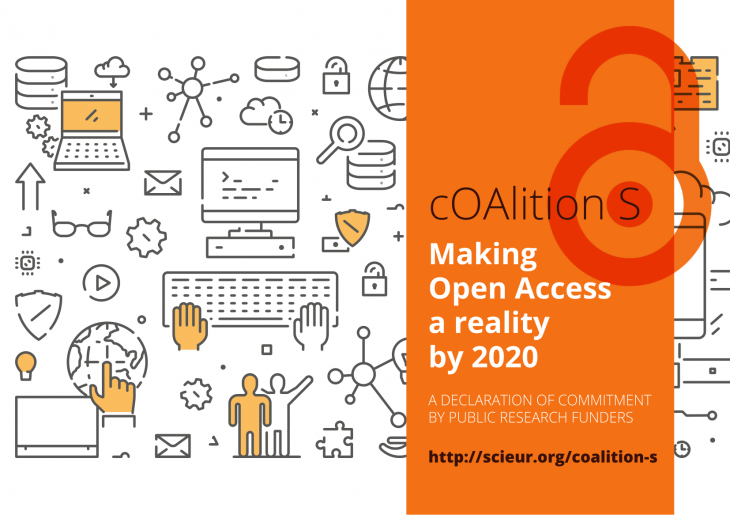The scholarly debate on the security implications of climate change has been highly animated over the past ten years. Although most agree that a powerful and general direct relationship is not likely, an overarching consensus on more subtle connections has not yet been reached. However, recent research directions suggest that scholars are now moving towards… Read more »
This Week in South Sudan – Week 40
Monday 1 October Sudan’s minister of foreign affairs Eldirdiri Mohamed Ahmed called on the UN to mandate a doubling of the prospective regional protection force to monitor the implementation of the South Sudan peace agreement. The Joint Monitoring and Evaluation Commission lauded the release of all Prisoners of War and Political Detainees. President Kiir sacked… Read more »
Nobel Peace Prize to Denis Mukwege and Nadia Murad
The choice to award the 2018 Nobel Peace Prize to Denis Mukwege and Nadia Murad is both timely and wise. The two Nobel laureates embody different dimensions of conflict-related sexual violence. Further, the prize comes at a time when we mark the one-year anniversary of the #metoo movement, when trust in international bodies and agreements is on the decline, and when violent extremism is on the rise.
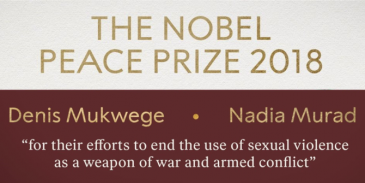 While this Nobel Peace Prize is by no means a #metoo prize, there are features of the movement that are compatible with the fight against conflict-related sexual violence.
While this Nobel Peace Prize is by no means a #metoo prize, there are features of the movement that are compatible with the fight against conflict-related sexual violence.
The #metoo movement has moved the conversation about sexual abuse and harassment from a focus on how to improve protection and mitigate effects on victims, to a focus on the men, male cultures and organizations which enable sexual harassment and abuse.Read More
This Week in South Sudan – Week 39
Tuesday 25 September South Sudanese surgeon Dr. Evan Ata Adaha was awarded the 2018 UNHCR’s Nansen Refugee Award. President Kiir appointed Malek Reuben Riak Rengu, a UN-sanctioned general, as deputy defence minister. Mahmood Mamdani in New York Times: “The Trouble with South Sudan’s New Peace Deal”. Wednesday 26 September The SPLA and SPLA-IO accused each… Read more »
The mass killing of women activists in Latin America: making political violence visible
In 2017, Latin America was described by the UN as the world’s most violent continent for women. The assassinations of women activists and community leaders have continued across the region in 2018. While the killing of Marielle Franco, a favela community leader, and the unraveling of government-private enterprise collusion in the 2016 killing of Berta Cáceres, an environmental activist in Honduras, have been portrayed as political murders by international media, there is substantial academic work to do with respect to theorizing the gendered aspects of these types of killings.
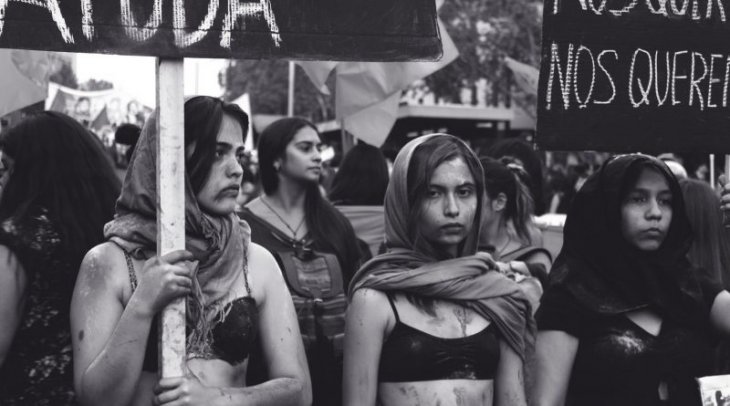
Photo: Laëtitia Buscaylet via Flickr
In their influential edited volume Violent Democracies in Latin America (2010) Arias and Goldstein argue that the ‘evolutionist’ democracy theory’s understanding of disorder as a failure of institutions fails to grasp Latin American politics in the context of proliferating violence. They offer the concept ‘violent pluralism’ as a prism for interrogating and understanding the co-existence of structural and personal, political and social violence and democracy in contemporary Latin America. Violent pluralism is defined as ‘states, social elites, and subalterns employing violence in the quest to establish or contest regimes of citizenship, justice, rights, and a democratic social order’. However, as a theory on violent democracies, the theory of violent pluralism is silent on the gendered realities of this violence as it plays out in Latin America. Considering the success of this concept, it is important that the concept has the capacity to help make visible how much of the political violence in the region takes the shape of violence against women involved in grassroots mobilization.
The Norwegian Libya Commission: An Important Report, But We’re Still Missing Answers
The Norwegian government must have known that the 2011 bombing campaign in Libya could lead to the fall of Muammar Gaddafi, argues PRIO researcher Kristian Berg Harpviken.
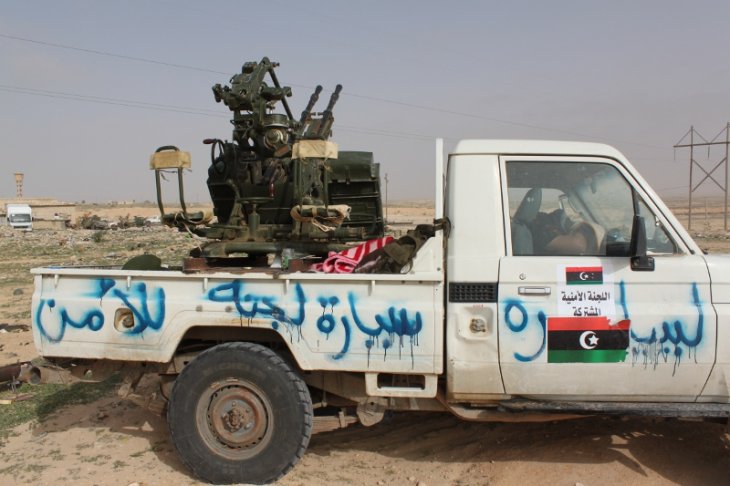
Checkpoint outside Brega, Libya in 2011. Photo: Al Jazeera English
In light of the recent release of the commission’s official report on Norway’s participation in the military operation in Libya, Harpviken was asked to comment in an interview with the Norwegian daily newspaper Klassekampen. Harpviken claims the report is an important piece of work that should be used to inform debates on how Norway makes decisions about when to engage in international military operations – but that it also leaves us with unanswered questions.
Four Setbacks and a Tragedy in Russia’s Syria Intervention
The destruction of an Il-20M radio-electronic surveillance aircraft with 15 crew members in the late evening of September 17 was not the worst tragedy in the records of the three years long Russian military intervention in Syria but it is perhaps the most difficult one to explain away.
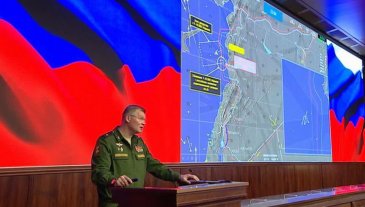
Russian Defense Ministry puts the blame squarely on Israel.
It was not a technical fault, like with the crash of Antonov-26 transport plane on March 6, which claimed 32 lives, but a surface-to-air S-200 missile fired by the Syrian air defense that brought the plane down. In the morning of September 18, Russian Defense Ministry produced the first explanation of this disaster putting the blame squarely on the Israeli Air Force, which allegedly used the slow-moving Russian turboprop plane as a cover for the strike deliver by four F-16 fighters. It took Israel a few days to disprove this accusation, which has left many awkward questions for the Russian command regarding the real responsibility for the case of “friendly fire”. What complicates this blame game is the conjunction of four setbacks in the execution of Russian intervention.Read More
This Week in South Sudan – Week 38
Monday 17 September Extra-Ordinary IGAD summit endorse R-ARCSS and request the UN Security Council to review its mandate for the Regional Protection Force. Thursday 20 September At a briefing for the UN Security Council, the Under-Secretary-General for Peacekeeping Operations Jean Pierre Lacroix reported on an increasingly stable security situation in Abyei, thus advocated that the… Read more »
Free Access at a High Price
Plan S.: PRIO would far rather pay fees to ensure that all our publications in subscription journals are made available via open access than be forced to publish our best research in lower quality journals.
The new European Plan S – an open access (OA) policy for research results – is ambitious and radical. It will also come at a very high cost to some of Norway’s leading research milieus. Institutions that compete successfully for the most prestigious research grants will be penalized, because they will be forced to publish their important research in insignificant journals. This is not only a bad way of disseminating research, it will also have a widespread negative impact on recruitment to, and the internationalization of, the best research projects.
This Week in South Sudan – Week 37
Monday 10 September The International Committee of the Red Cross reported that the ceasefire in South Sudan appears to hold. However, the SPLM-IO accused government forces of violating the ceasefire agreement. Tuesday 11 September The Government of South Sudan extended oil production agreements with four companies: South Sudan’s Nile Petroleum Company, Malaysia’s Petronas, China National… Read more »
